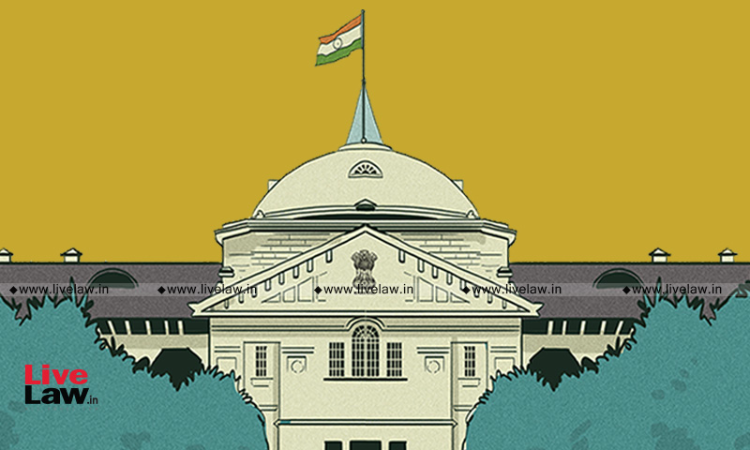Advertisement Under Drugs & Magic Remedies Act Includes Oral Advertisements As Well: Allahabad High Court
Rashmi Bagri
1 Feb 2022 5:29 PM IST

Next Story
1 Feb 2022 5:29 PM IST
The Drugs and Magic Remedies (Objectionable Advertisement) Act, 1954 was brought in considering the increasing objectionable advertisements claiming to cure venereal diseases, diseases and conditions peculiar to women, and the term advertisement as per this act includes 'oral announcements' for the purposes of the Act, Allahabad High Court has held. In an appeal filed against...
